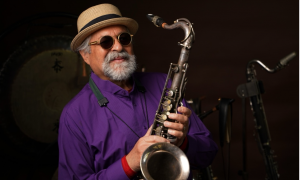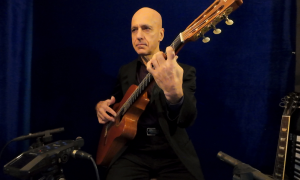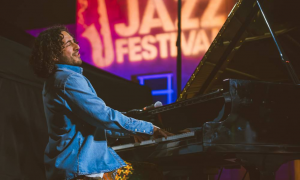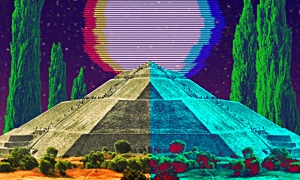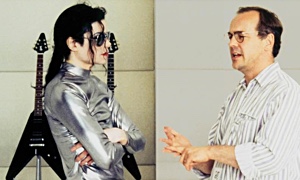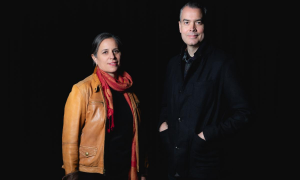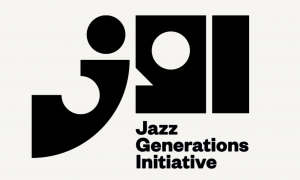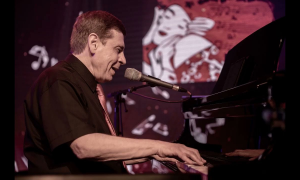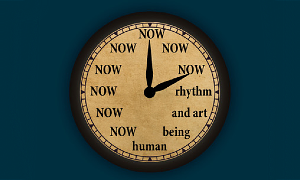“Had the tasks been similar, it would be a very dull life," says Harry Gregson-Williams, composer of both “Shrek Forever After" and “Prince of Persia: The Sands of Time," two big summer movies opening within a week of each other this month.
“' Prince of Persia' has lighter moments, but it's dramatic and intense, an adventure," adds the composer. “'Shrek,' from the first movie, has been some of those things, but it's very concerned about relationships love, really and being able to be who you are. So they're very different."
Gregson-Williams, 48, is one of a handful of composers in high demand these days for their combination of classical training which enables them to write for traditional orchestra and their grasp of modern music technology, including the samplers, synthesizers and sequencers that are now an integral part of most music-making for Hollywood films.
The English-born composer, a Los Angeles resident since 1997, has been responsible for several grand-scale symphonic scores in recent years, including two “Chronicles of Narnia" fantasies and Ridley Scott's Crusades epic “Kingdom of Heaven." “Prince of Persia," with its 80-piece orchestra and 40-voice choir, nearly matches them for size and outdoes them for sheer musical energy.
Producer Jerry Bruckheimer who has worked with Gregson-Williams on nine other projects for film and TV in the last 15 years calls the “Prince of Persia" score “heroic, haunting and romantic, a throwback to Old Hollywood. It had to capture the majestic nature of the story, the characters and the landscape. I think it's some of his best work."
The landscape, in particular, offered the composer a musical challenge: How to convey the atmosphere of the ancient Near East within the context of a big action-oriented movie score? Gregson-Williams wanted to reflect “the sounds, flavors and colors of a Persian city in ancient times" but found that Bruckheimer didn't want him to “go too far" in that respect.
“So rather than write a melody in a mode that might be perceived as Persian," the composer explained, “I'd write melodies that would come naturally to me as a Westerner, and through the orchestration and instrumentation, give some flavor of the geography." Thus, the use of the oud (a stringed, plucked instrument), ney (an end-blown flute), the sitar (another stringed instrument, usually associated with India), an electric cello (for “high drones and icy atmospheres") and various exotic percussion instruments including the tabla.
And because he wanted the choir to sing something other than the usual “oohs" and “aahs," Gregson-Williams found a handful of ancient Persian words (among them “city," “king," “prince," “battle") and applied them as necessary to specific on-screen moments.
“Persia" director Mike Newell quickly discovered he had something in common with his composer: “We were both choirboys in Church of England churches. We could hum one another [the old hymns]."
As a boy chorister, Gregson-Williams performed across Europe, eventually attending London's Guildhall School of Music and Drama and then apprenticing with British film and TV composers Richard Harvey and Stanley Myers. In 1995, Hans Zimmer asked Gregson-Williams to conduct the choral portions of the score for “Crimson Tide," which was recorded in London. The two hit it off and soon Gregson-Williams moved to Los Angeles and began working for, and with, the well-known film composer.
Many of Gregson-Williams' early credits were collaborations: “The Rock" with Zimmer and Nick Glennie-Smith, “Chicken Run" and the first “Shrek" with John Powell, “Enemy of the State" with Trevor Rabin and several “additional music" credits on films like “Armageddon" and “Prince of Egypt."
The “Shrek" films which Gregson-Williams has done solo since the second one are just a few of the DreamWorks animated projects that dot Gregson-Williams' 50-film resume (in addition to “Chicken Run," he has scored “Antz," “Sinbad: Legend of the Seven Seas" and “Flushed Away").
Says DreamWorks principal Jeffrey Katzenberg: “Harry has this unique ability to find the heart and soul of these movies. Somehow he is able to see inside the drawings before they even come to life. Animation is probably the ultimate collaborative sport in the world of storytelling, and Harry is just a great collaborator."
Harry Gregson-Williams Works for Ogres and Princes Alike
It's the life of a film composer: One week you're in a fairy-tale world populated by green ogres and talking donkeys, the next week you're dashing around 6th century Persia with a spunky princess and a magical dagger.









